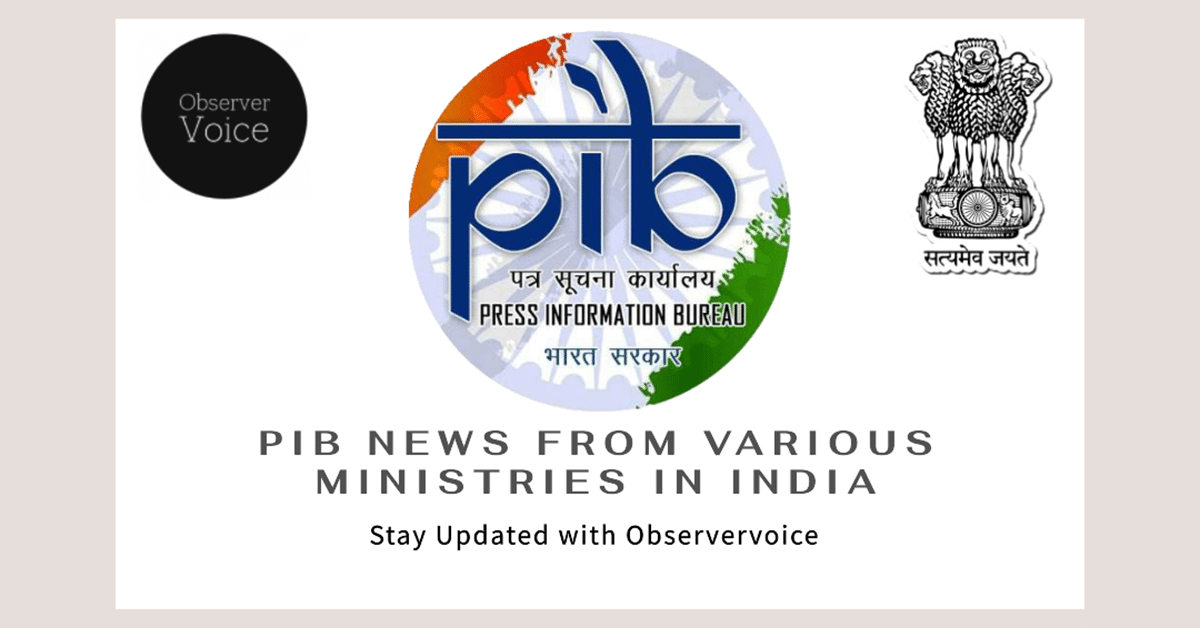Understanding the PM POSHAN Scheme

The PM POSHAN Scheme is a vital initiative by the Indian government aimed at enhancing the nutritional status of school children. Launched as a centrally sponsored scheme, it provides hot cooked meals to approximately 11.70 crore students enrolled in Balvatika and classes I to VIII across 10.24 lakh government and government-aided schools. The primary goal of this scheme is to ensure that children receive adequate nutrition while also encouraging their participation in school. This article delves into the details of the PM POSHAN Scheme, its components, and its impact on students.
Nutritional Support for Students
The PM POSHAN Scheme plays a crucial role in providing nutritional support to young learners. Each school day, students receive a hot cooked meal that is designed to meet their dietary needs. The meals are prepared using a variety of ingredients, ensuring that children receive a balanced diet. The scheme specifies the quantity of each ingredient required per student, which varies for different age groups.
For instance, primary students receive 20 grams of pulses and 50 grams of vegetables, while upper primary students receive 30 grams of pulses and 75 grams of vegetables. Additionally, the scheme includes provisions for oil, spices, and condiments, allowing for the preparation of nutritious meals. This structured approach to meal preparation not only addresses hunger but also promotes healthy eating habits among children.
Financial Aspects of the Scheme
To support the implementation of the PM POSHAN Scheme, the government allocates a ‘Material Cost’ for the procurement of essential ingredients. This cost is adjusted periodically based on inflation data provided by the Labour Bureau, Ministry of Labour. Recently, the Ministry of Education announced an increase in the Material Cost by 13.70%, effective from December 1, 2024.
The new rates will see the Material Cost rise from Rs 5.45 to Rs 6.19 for primary and Bal Vatika classes, and from Rs 8.17 to Rs 9.29 for upper primary classes. This adjustment is crucial as it ensures that schools can continue to provide quality meals despite rising costs. The central government will bear an additional expense of Rs 425.62 crore in the fiscal year 2024-25 due to this enhancement.
Contribution of Foodgrains and Transportation
In addition to the Material Cost, the Government of India plays a significant role in supplying foodgrains for the PM POSHAN Scheme. Approximately 26 lakh metric tons of foodgrains are provided annually through the Food Corporation of India. The government covers the entire cost of these foodgrains, which amounts to around Rs 9,000 crore per year, including transportation costs from FCI depots to schools.
This comprehensive support ensures that schools have a steady supply of foodgrains, which are a staple in the meals provided to students. When all components, including foodgrains and other ingredients, are considered, the per meal cost is approximately Rs 11.54 for Bal Vatika and primary classes, and Rs 16.74 for upper primary classes. This financial backing is essential for the successful implementation of the PM POSHAN Scheme, allowing schools to focus on providing nutritious meals without financial constraints.
Observer Voice is the one stop site for National, International news, Sports, Editor’s Choice, Art/culture contents, Quotes and much more. We also cover historical contents. Historical contents includes World History, Indian History, and what happened today. The website also covers Entertainment across the India and World.

